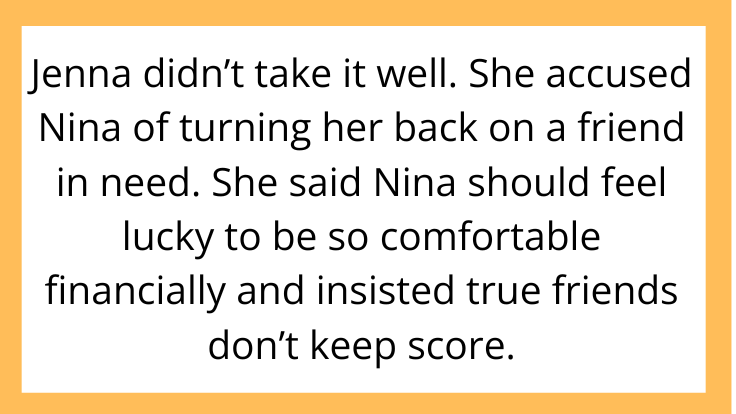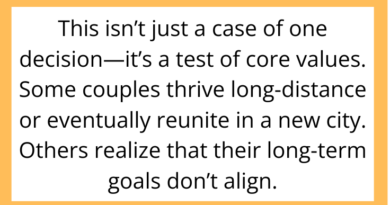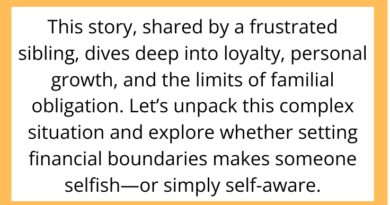AITAH for Refusing to Loan My Best Friend Money After Her Third “Emergency”?
When it comes to friendship, most of us believe in showing up for the people we care about. But what happens when helping starts to feel like enabling—and when someone’s “emergencies” never seem to end?
In today’s AITAH scenario, one woman shared her story of finally saying no to a friend who always seems to be in crisis. Let’s take a closer look and see who, if anyone, is the villain.
The Backstory: A Friendship Built on Generosity
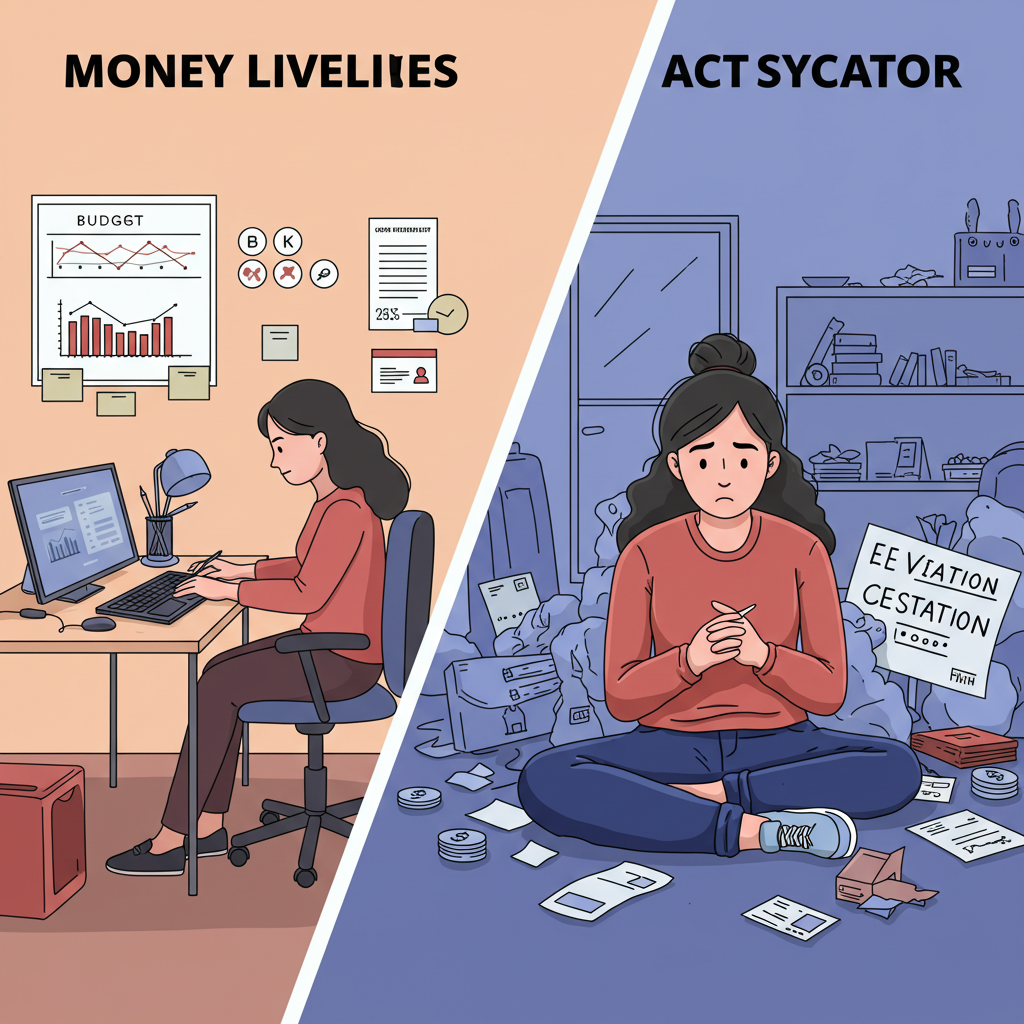
The original poster—let’s call her Nina—has been best friends with Jenna for nearly a decade. Nina describes herself as the “responsible” one: she has a steady job, budgets carefully, and lives within her means. Jenna, on the other hand, has struggled financially ever since they met.
Over the years, Nina has helped out multiple times. She lent Jenna money for rent after she lost her job, covered a car repair when Jenna’s paycheck came up short, and even paid for groceries on more than one occasion. Each time, Jenna promised it would be the last emergency.
But recently, Jenna called with yet another crisis. This time, she needed $800 to cover a security deposit after being evicted. When Nina hesitated, Jenna got upset.
The Breaking Point: A Final Request
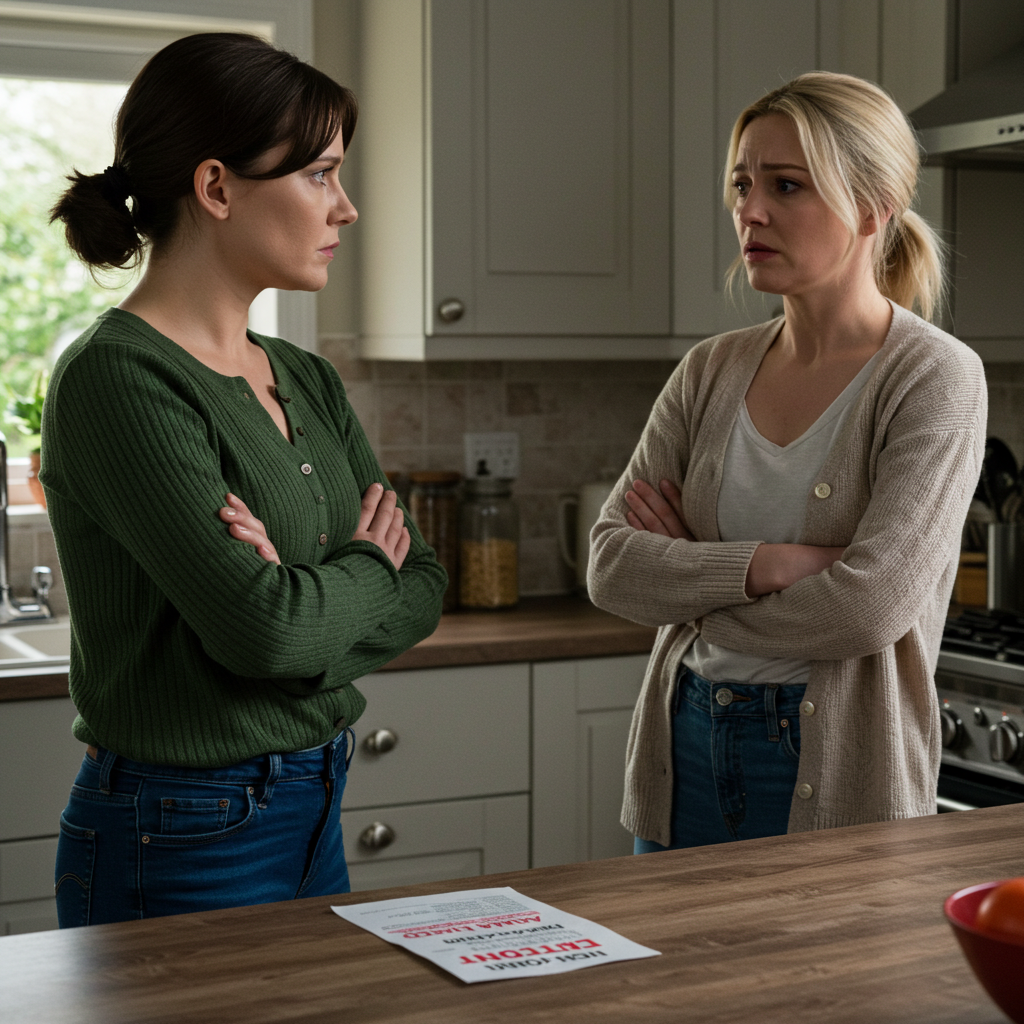
Nina explained that she didn’t feel comfortable loaning any more money—especially since Jenna had never fully repaid the earlier loans. She offered to help Jenna look for community resources and even invited her to stay for a couple of nights while she figured things out. But she drew the line at giving more cash.
Jenna didn’t take it well. She accused Nina of turning her back on a friend in need. She said Nina should feel lucky to be so comfortable financially and insisted true friends don’t keep score.
Feeling guilty but also exhausted, Nina turned to Reddit to ask: AITAH for saying no after so many times saying yes?
The Internet Verdict: Not the Villain

The r/AITAH community came out overwhelmingly in Nina’s defense.
Why Nina Is Not the Villain
-
Boundaries Are Healthy: Helping repeatedly without repayment can breed resentment and dependence.
-
A Pattern, Not an Emergency: Three “emergencies” in one year suggest chronic instability, not a one-off crisis.
-
Alternatives Were Offered: Nina didn’t abandon Jenna—she simply refused to keep funding her lifestyle.
One popular comment put it simply:
“You’re not her ATM. If she can’t respect your boundaries, that’s her problem.”
The Flip Side: Why Jenna Feels Hurt

While most agreed Nina was right to say no, some commenters empathized with Jenna’s desperation.
-
Pride and Shame: Asking for help repeatedly can be humiliating, making it easier to lash out in frustration.
-
Different Money Mindsets: To someone who has always struggled, financial stability can look like endless abundance.
-
Fear of Losing Support: Jenna may fear that this refusal signals the end of Nina’s willingness to help at all.
Still, even those sympathetic to Jenna agreed that friends are not obligated to bail each other out indefinitely.
How Repeated Rescue Creates Toxic Dynamics
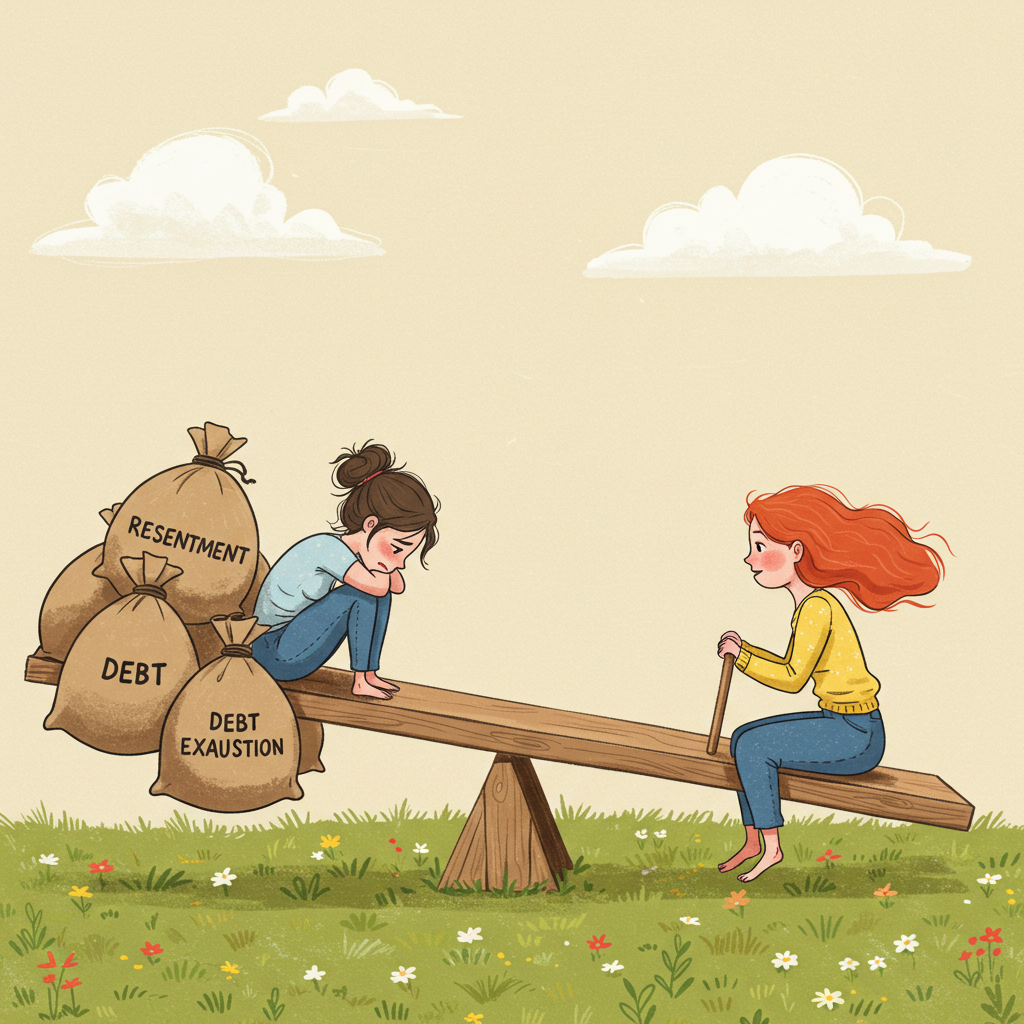
This situation highlights an uncomfortable truth: when one person constantly saves another, it can damage the friendship.
Rescuing vs. Empowering
-
Rescuing: Solves the immediate problem but leaves the underlying issues untouched.
-
Empowering: Offers support and resources without taking full responsibility for someone else’s choices.
Nina had reached a point where rescuing no longer felt sustainable—or fair.
What Should Nina Do Next?
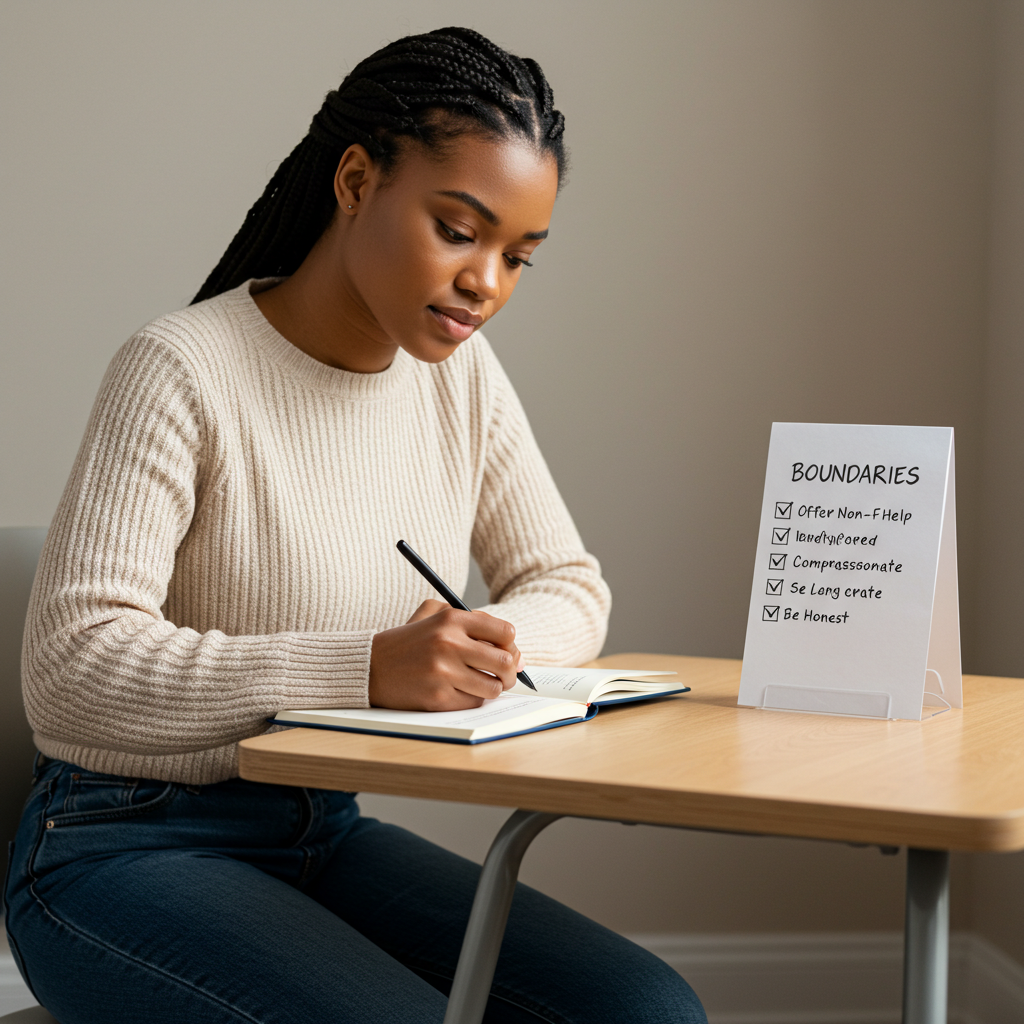
If you’re in Nina’s shoes, here are some strategies to protect your friendship and your peace:
-
Set Clear Limits: Be honest about what you can and can’t do.
-
Offer Non-Financial Help: Research resources, offer rides, or help with applications.
-
Stay Compassionate But Firm: Boundaries don’t mean you don’t care—they mean you care about both of you.
The Takeaway: Saying No Can Be the Kindest Thing

In friendships, generosity is beautiful. But when helping becomes a habit that drains you emotionally or financially, it’s okay—even necessary—to draw a line.
Nina’s decision to stop funding Jenna wasn’t cruel. It was an act of self-respect and, ultimately, an opportunity for Jenna to take responsibility for her own life.
